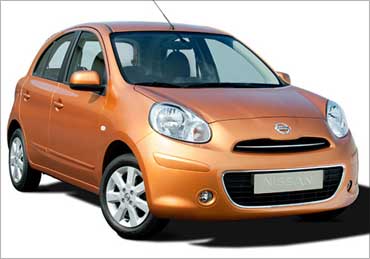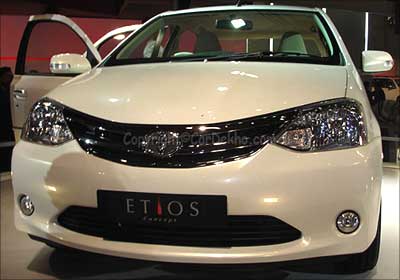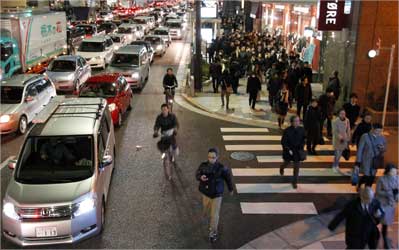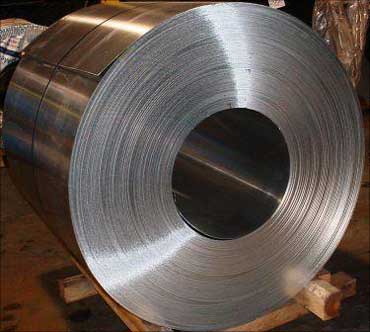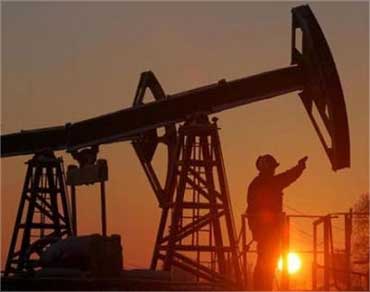 | « Back to article | Print this article |
Japan's ripple effect may reach India
On the face of it, India's exposure to Japan looks rather limited as only 2.4 per cent of India's total imports ($3.9 billion) in the first half of FY11 have come from Japan.
A large portion of the imports would be auto components. Automakers such as Nissan, Toyota and Honda are among the worst hit, according to Nomura's analysts in Japan. The imports from these companies will be affected as their factories are expected to reopen by the end of April.Click NEXT to read on
Japan's ripple effect may reach India
There's good news for Maruti Suzuki, as the parent company in Japan is the least impacted by the crisis. Also, a few ports in southern Japan have been affected, so exports may continue to resume after the initial hiccups.
Click NEXT to read on
Japan's ripple effect may reach India
While the impact on trade may not be much, a direct consequence of the crisis in Japan is likely to slow down capital flows from Japan.
As Japan looks at rebuilding its economy, it will look at "faster repatriation of funds from Japanese subsidiaries in other countries and slower flow of foreign direct investments," said an analyst from Nomura in Japan during a conference call on Monday.Click NEXT to read on
Japan's ripple effect may reach India
While the Japanese government has stated that the plants are safe, they may take some time to resume production.
Click NEXT to read on
Japan's ripple effect may reach India
As rebuilding activity starts in a few months, Japan will consume more commodities and this will push up the already soaring prices in the world market.
Says Sonal Varma, economist at Nomura India, "If Japan's consumption of commodities such as coal, steel and oil goes up, prices may move higher and that may impact India in a negative way."
